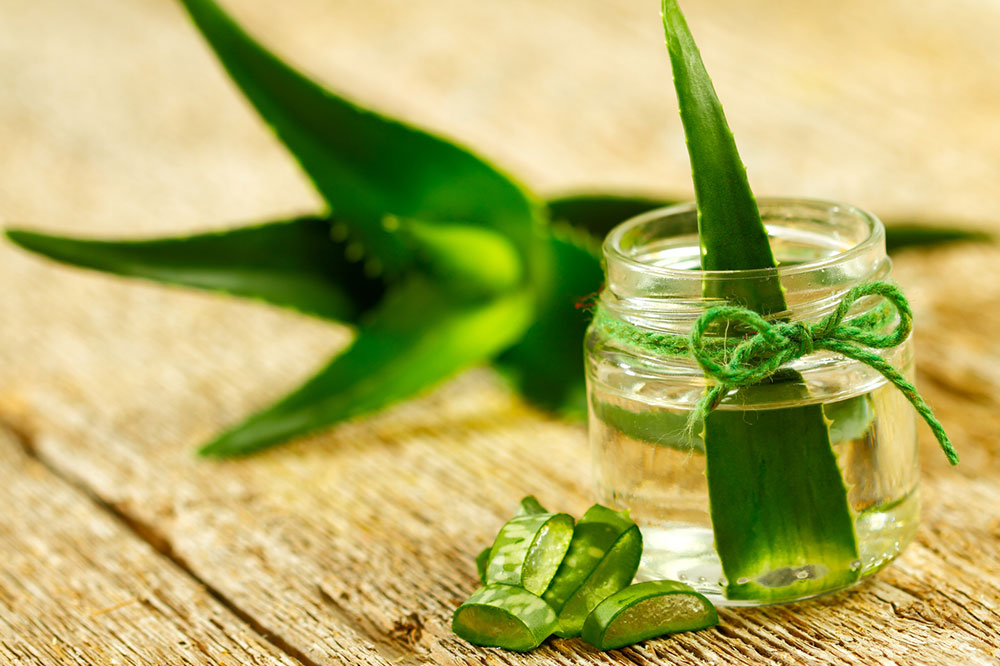
9 Natural Eczema Remedies from the Kitchen
Eczema is also called atopic dermatitis. Commonly it is seen in children, but it occurs in older adults. Eczema causes reddening of the skin along with itchiness. In most cases, the condition is chronic. There is no cure for this disease, but treatments are available along with some natural remedies. To help you, here are nine natural eczema remedies from your kitchen.
1. Coconut oil
Dry skins cause episodes of eczema. However, applying coconut oil, which is a natural moisturizer, prevents the skin from drying. Additionally, coconut oil has anti-inflammatory and antibacterial properties.
2. Evening primrose
The plant extract, evening primrose, has anti-inflammatory properties due to the presence of omega-6 fatty acids. Evening primrose plant extracts are available as oral supplements in the market.
3. Adding oils to bath
Add a small bowl of vegetable oil to your warm bath. This will help to moisturize dry skin, which is responsible for flares of eczema. Another natural remedy ingredient that you can fetch from your kitchen is olive oil. Mix two teaspoons of olive oil to a glass of milk and add this mixture to the bath. This is another way of keeping your skin moisturized throughout the day.
4. Oatmeal
To reduce itching that is associated with eczema, take a cup of plain oatmeal, and blend it. Add three cups of Epsom salt to this. Now, add this mixture to bathwater. This mixture will not only reduce itching but also remove scales.
5. Apple cider vinegar
In eczema, the skin becomes less acidic. Diluted apple cider vinegar if applied to the eczema skin can balance the acidity levels of the skin and help control flare ups of the disease.
6. Honey
Honey is the next item from the kitchen that can be used as a natural remedy for eczema. Honey can be used to reduce and/or control flare-ups of eczema as it has anti-inflammatory and antibacterial properties. On applying honey to the affected area on the skin, it will not only heal the affected area but also prevent infections. Honey just needs to be dabbed on the affected skin and not massaged.
7. Turmeric
The use of turmeric in food regularly helps in managing symptoms of eczema. Turmeric contains curcumin, which is an antioxidant that has wound-healing ability. You could also add a teaspoonful of turmeric to a glass of milk and drink it to obtain maximum benefits of this ingredient.
8. Tea Tree Oil
Another kitchen ingredient, which has anti-inflammatory properties is tea tree oil. The application of a few drops of this oil can reduce the itchiness caused by eczema.
9. Changes in diet
Apart from the above-mentioned items from the kitchen, one needs to make healthy changes to their diet to manage the symptoms of eczema. Add foods such as green leafy vegetables, fish, fruits, and lentils to your diet for their anti-inflammation properties.


